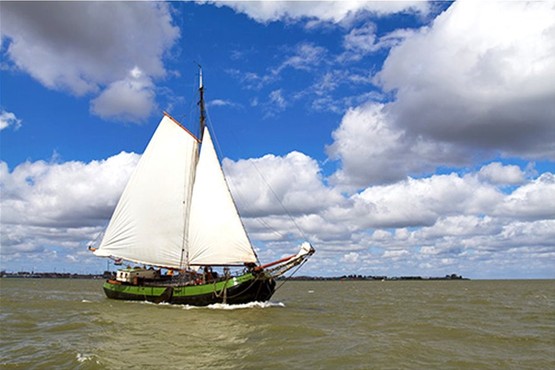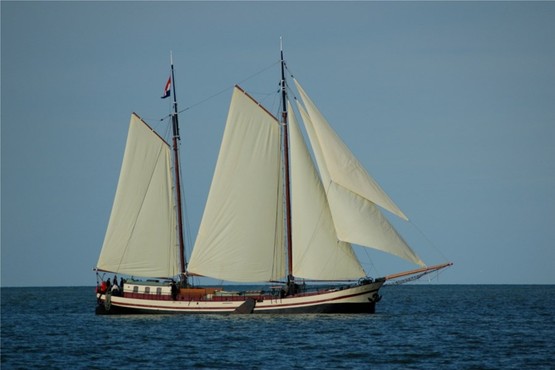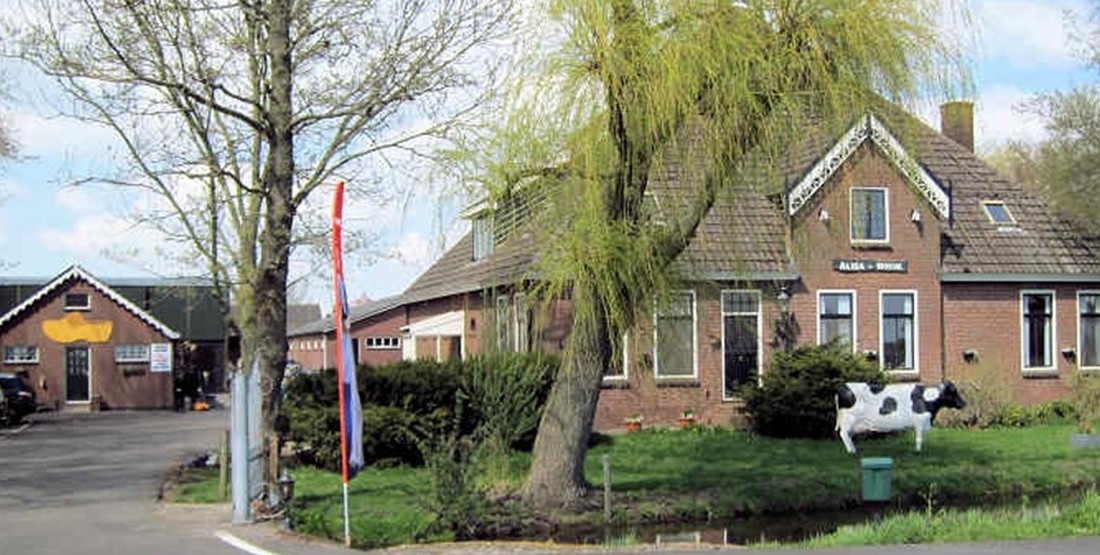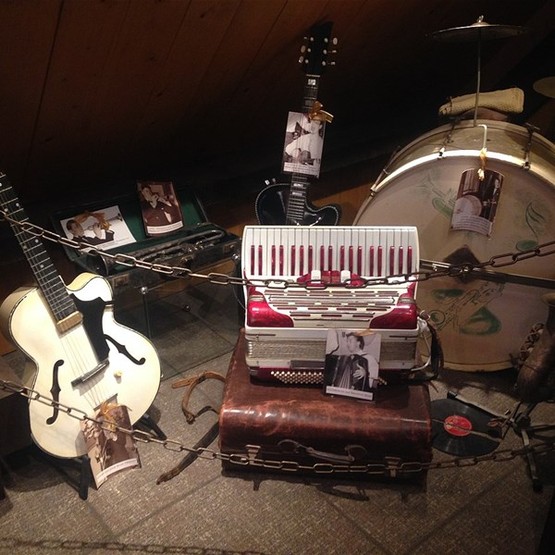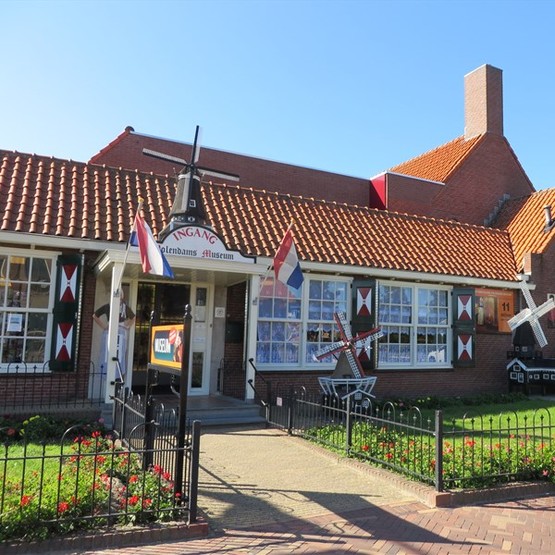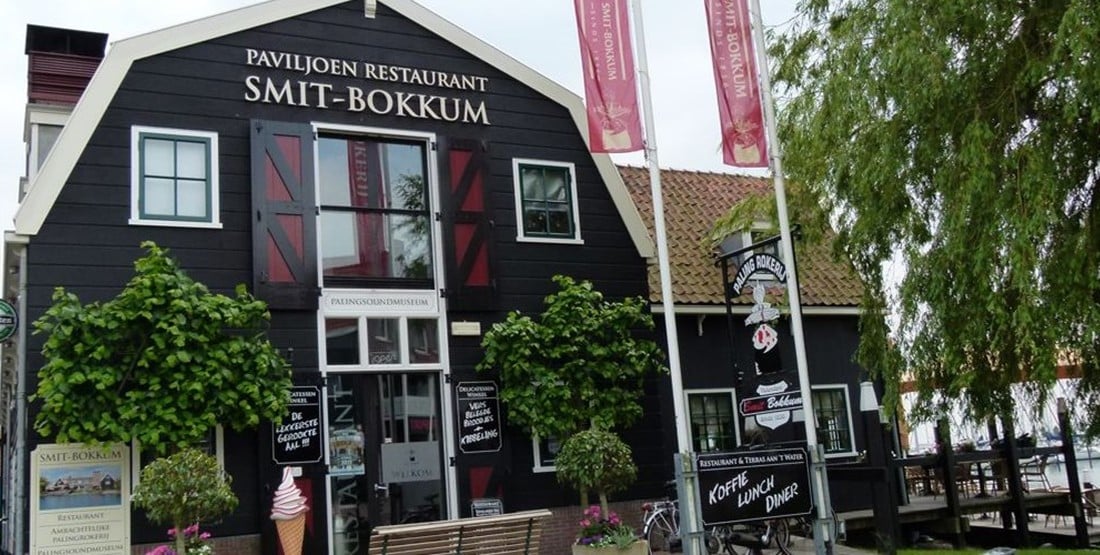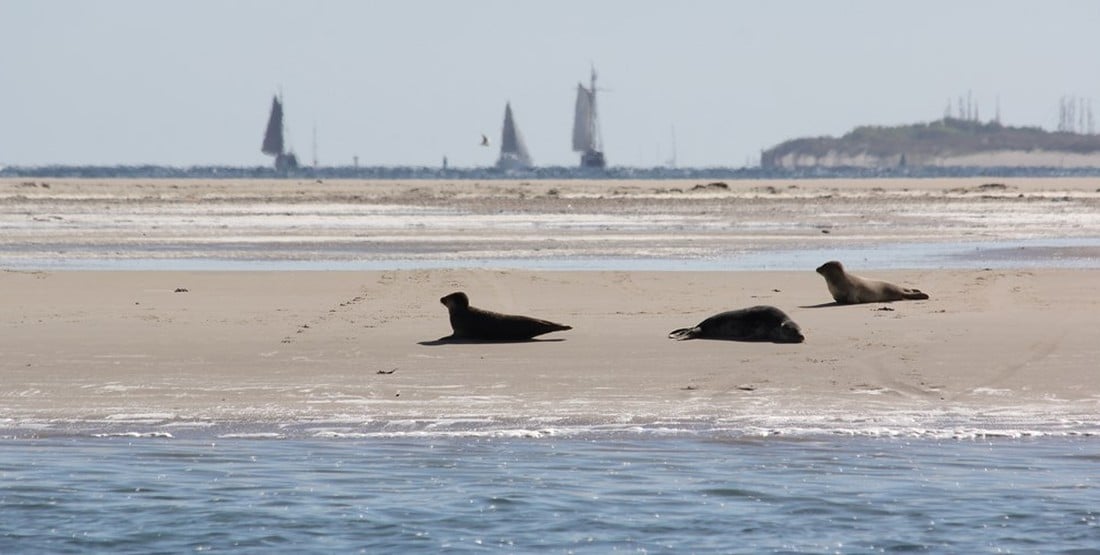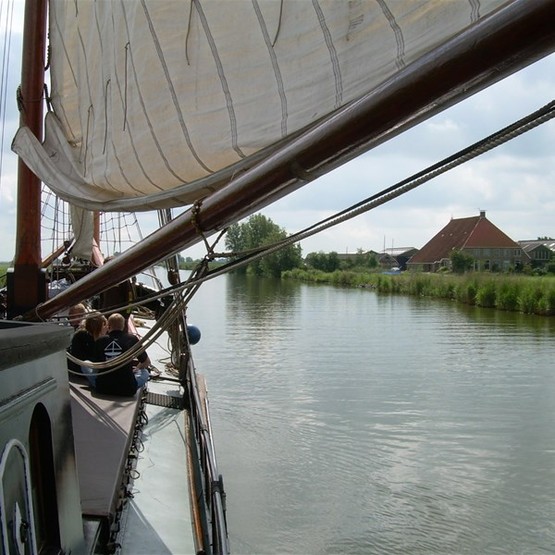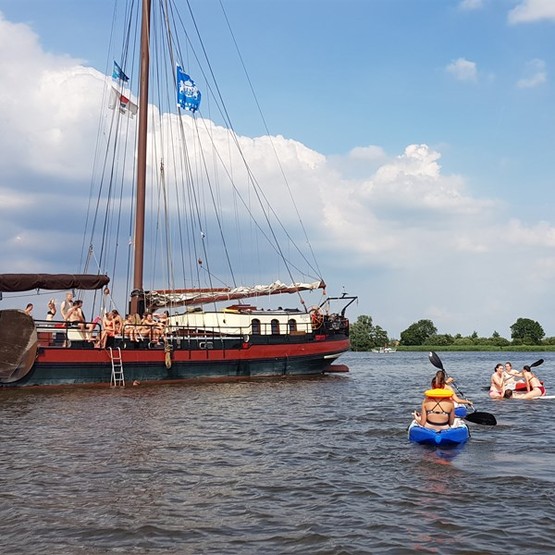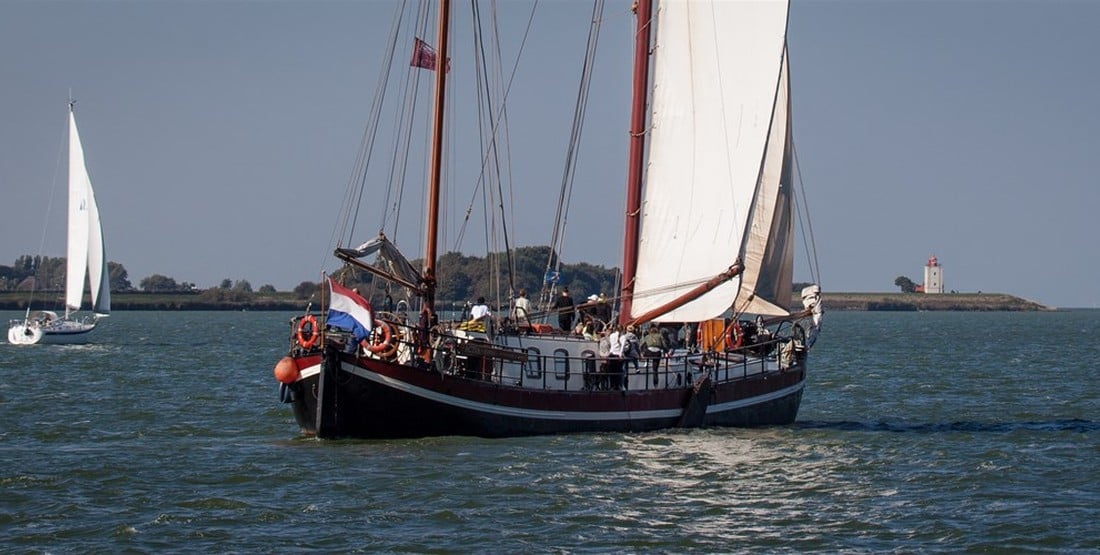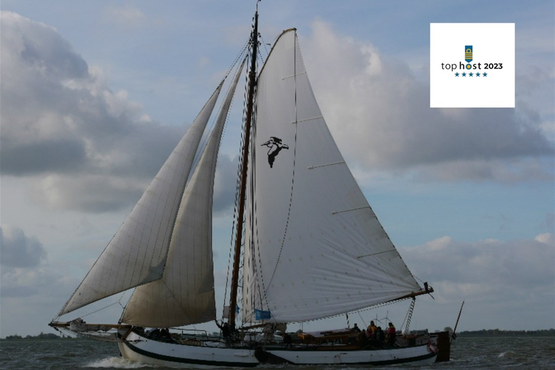
About
The creation of Volendam began more than 500 years ago with the construction of a dam between the Purmermeer and the Zuiderzee. The village grew into one of the most popular tourist places in the Netherlands, but has retained its authentic character.
Populair ships from Volendam
Alle sights in Volendam
Discovering sailing areas
View allVolendam
Volendam
The village is known for traditional costume, eel smoking, music type palingsound and the many famous Dutch artists born here. The North Holland village is a popular tourist attraction, but that is no more than logical. Although it has become one of the most famous villages, it has remained a beautiful authentic village. For example, the population has a distinctive dialect, the Volendams.
History of Volendam
The history of Volendam started with making a dam. Six centuries ago, two rivers lay on the site of Volendam. In 1357 Edam shortened the connection between the Purmerzee and the Zuiderzee so that habitable land arose at the dam built. Farmers and fishermen moved here and that's how Volendam came about. The fishing village became a tourist attraction in the 19th and 20th century. Because of the construction of the ‘afsluitdijk’, the fishing industry lost its importance. Nowadays, industry, construction, water sports and tourism are the main sources of income for the Volendam people.
Characteristics Volendam
Volendam is a place with about 22,000 inhabitants. It is located on the Markermeer, in North Holland. It is known for the colorful wooden houses and the old fishing boats in the harbor. The costume from Volendam has become the national symbol of the Netherlands by the hundreds of painters who stayed in Volendam.
What is there to do and see in Volendam
The old Dutch cityscape immediately catches the eye upon arrival. But that is not the only thing that can be seen in Volendam. Behind the harbor is the dike, here you can find souvenir shops, restaurants and terraces. There are also a number of photo studios here where you can get your picture taken in traditional Volendam clothes. In the Palingsoundmuseum you can learn about the typical Volendam music style palingsound. The harbor forms with the old fishing auction, the lively center where fishing boats, old botters, pleasure boats and yachts "meet" in a friendly atmosphere. Behind the dike is the maze, narrow streets without a well-defined street pattern. As a fishing village with characteristic houses, costumes and folklore, there is a tourist tradition dating back to about 1875.
